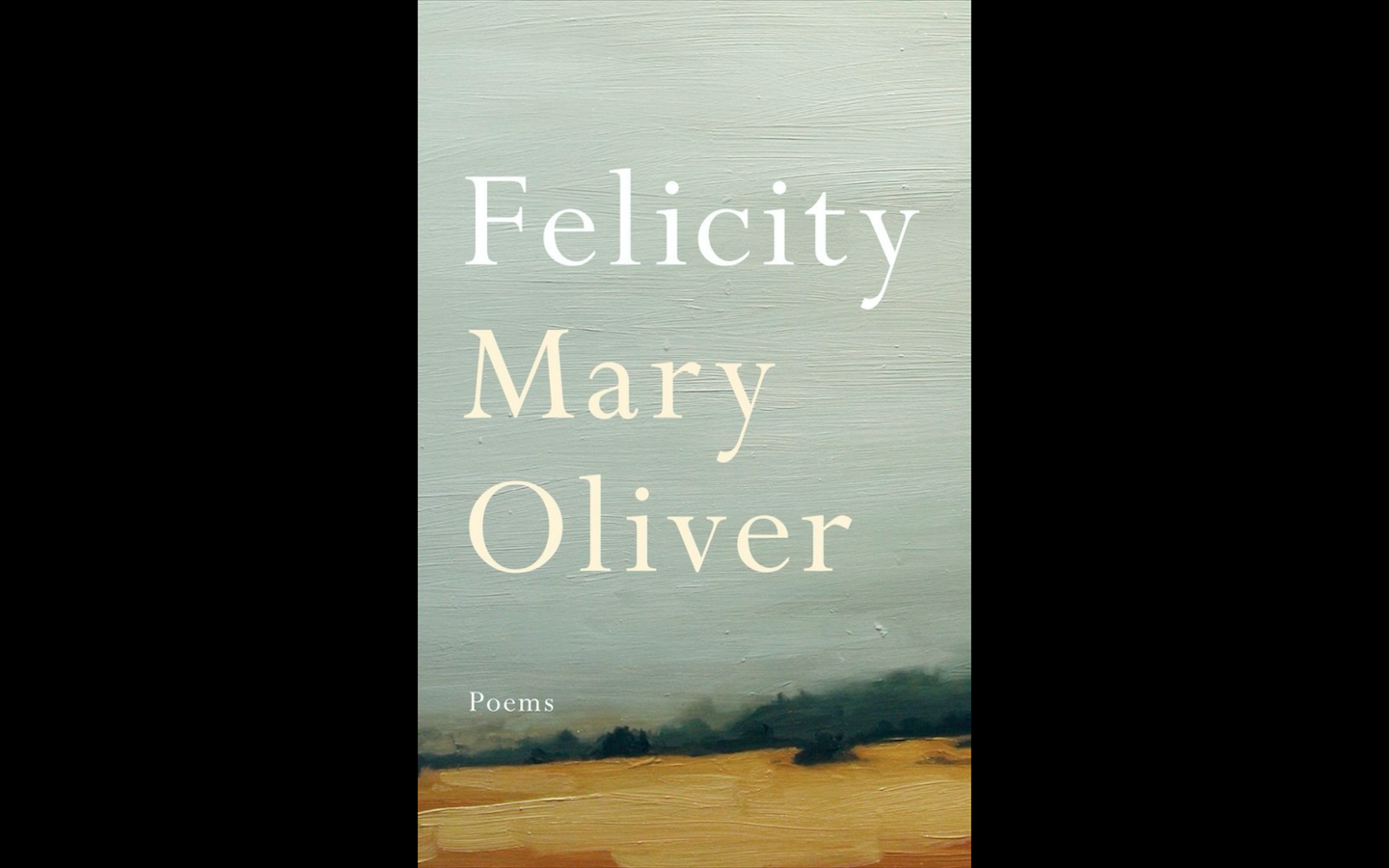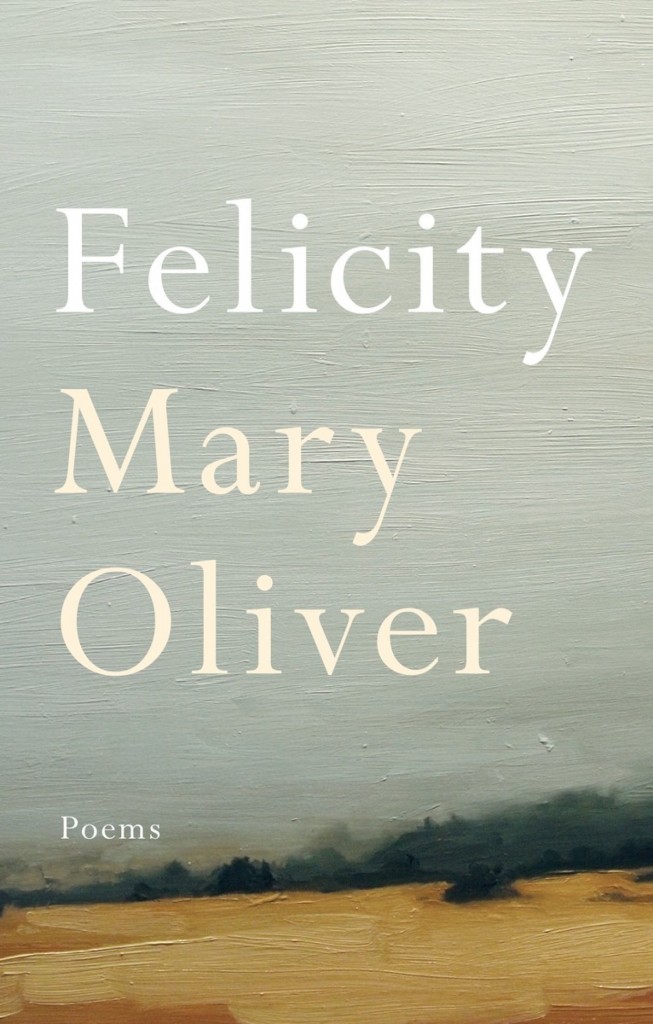RIAH OSBORNE reviews Mary Oliver’s new poetry collection Felicity.
The word ‘felicity’ has two definitions. Firstly, it can mean ‘intense happiness’; secondly, ‘the ability to find appropriate expression for one’s thoughts’. Both of these can be seen to aptly describe Mary Oliver’s new poetry collection Felicity. Unbridled bliss and uninhibited expression merge together to create a selection of elevating, uplifting, and, on occasion, humorous, poems.
Since her first collection of poems was published in 1963, Oliver has gone on to win the 1984 Pulitzer Prize, the 1992 National Book Award, and asserted her poetic role in creating nature-inspired verse bursting with vitality. Felicity is a continuation of Oliver’s signature life-affirming poetry, whilst also being the anticipated collection of love poems long-desired by readers.
Oliver once said herself: ‘If I have any secret stash of poems, anywhere, it might be about love, not anger’. This may well be what has transpired into Felicity.
The new collection is split into three sections – ‘The Journey’, ‘Love’ and ‘Felicity’, with each section bearing a quote from the thirteenth century Persian poet, Rumi. The collection has a common vein, emphasizing the strength and endurance of love with Oliver-esque overtones of faith and, of course, nature running throughout. Similarly, the echoes of life and death within Felicity resonate with the reader, albeit in an uplifting manner, observing the continuations of life and love after death.
Felicity begins with ‘Don’t Worry’, a short poem consisting of just three sentences, though it is effective in setting the tone for the rest of the collection. The speaker implores the reader to heed the poem’s namesake, asking, ‘How many roads did St. Augustine follow, before he became St. Augustine?’ This acts as a compelling and thought-provoking introduction to the collection, encouraging the reader to evaluate their own lives, and their attitudes to such in turn.
One of the most striking poems I found within Felicity is ‘Moments’, a poem that implores the reader to take advantage of these moments in their own lives, ‘moments that cry out to be fulfilled’. Oliver rightly asserts to the reader their own sense of liberty over their own lives and actions. ‘Your heart is beating, isn’t it?’ the speaker puts to the reader, ‘You’re not in chains, are you?’ ‘Moments’ echoes much of Oliver’s earlier work, urging the reader to grab hold of life ‘headlong’ with a ‘carpe diem’ sense of disdain against caution when it comes to living life.
The ‘Love’ section within Felicity advocates the same lesson and sense of emotion throughout – the idea that love happens quickly, even unexpectedly, and when it arrives it cannot be denied. ‘Not Anyone Who Says’ appears to epitomise the sense of love portrayed by Oliver in Felicity. The love presented in this poem is a thing of untamed wildness, something you cannot approach ‘carefully’, ‘smartly’, ‘slowly’. The poem speaks of lovers, who are ‘chosen by something invisible and powerful and uncontrollable and beautiful’ demonstrating the idea of love as it’s own power – answerable to nothing else.
Felicity provides a selection of life-affirming poems for the reader, intertwining the matters of life, love, nature, and faith. The collection flows effortlessly as a whole, with each individual piece being inherently moving in its own unique way. Finishing Felicity leaves the reader feeling invigorated about all manners of the world, with a refreshed, renewed attitude towards life and all it encompasses.
Mary Oliver’s ‘Felicity’ was published by Penguin Press on 13th October 2015. More about Oliver and her works can be found at http://thepenguinpress.com/authorbio/mary-oliver/






